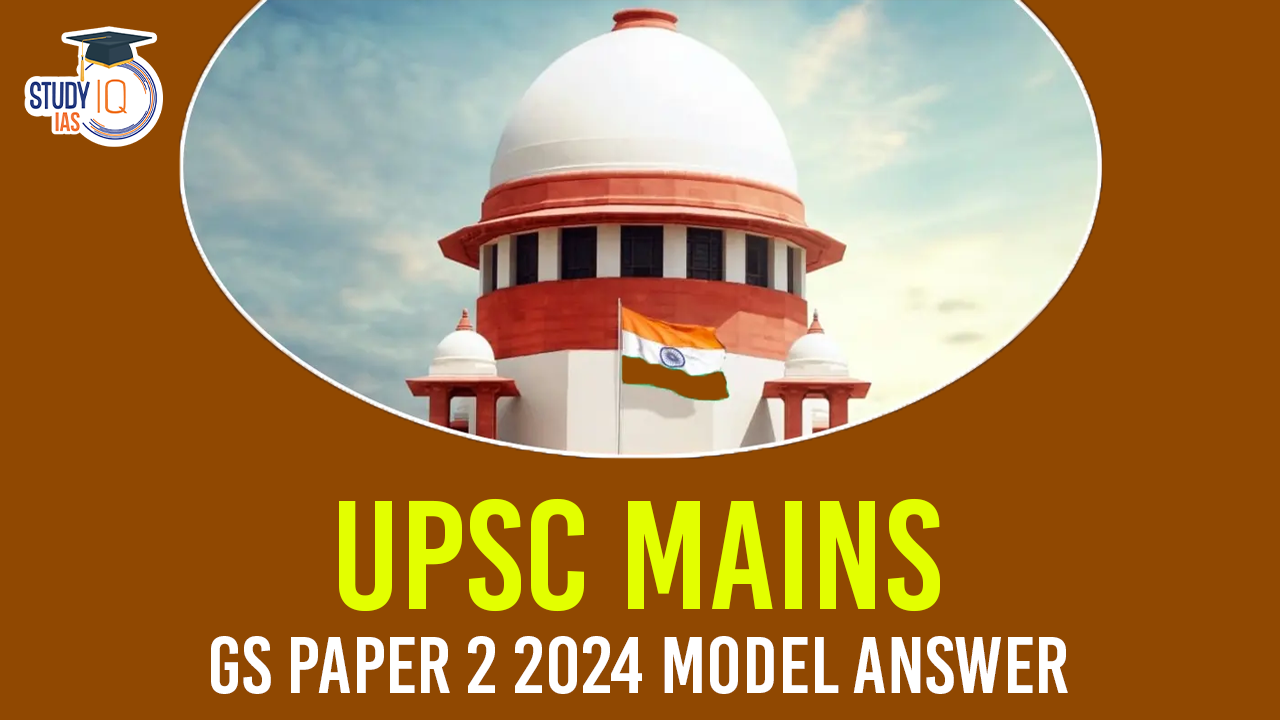Table of Contents
Introduction
The Cabinet system, adopted from the Westminster model, is a form of government where the Council of Ministers led by the PM exercise executive power and are collectively responsible to the Lower House (Articles 75 and 164 of the constitution).
Parliamentary supremacy means that Parliament is the supreme legal authority.
Cabinet system has resulted in the marginalization of parliamentary supremacy:
- Legislations through ordinances: The use of ordinances by the Cabinet undermines parliamentary supremacy as it allows the executive to make laws without parliamentary approval.
- Eg. Ordinances such as the Farm Laws of 2020, was widely criticized for bypassing parliament.
- Decline in Parliamentary oversight:
- Number of sittings: 135 days annually in first LS to 55 in 17th.
- Parliamentary committee referral: It has declined from 71% in 15th LS to 13% in 17th.
- Anti-defection law and Whip: MPs bound by whip are compelled to vote in line with the Cabinet’s decisions rather than exercising their own judgment, thus limiting parliamentary scrutiny.
-
- Dominance of the PM: PM, head of the cabinet, leads the party with the majority in Parliament. This leads to a situation where the cabinet’s decisions are not subject to adequate scrutiny or debate by the legislature..
- Eg. crucial decisions like the demonetization of 2016 are criticised for being taken unilaterally by the executive.
- Dominance of the PM: PM, head of the cabinet, leads the party with the majority in Parliament. This leads to a situation where the cabinet’s decisions are not subject to adequate scrutiny or debate by the legislature..
- Control over Parliamentary business:
-
- Legislative agenda: The majority party, which forms the cabinet largely dictates the legislative agenda. This can include using its majority to pass bills quickly, to limit debate on opposition motions etc.
- Speaker: ruling party often ensures the election of a Speaker from its ranks, who plays a crucial role in managing parliamentary debates
Reforms required to ensure that legislature remains vibrant and effective:
- Strengthening parliamentary committees.
- As recommended by NCRWC, increasing the number of sittings to a minimum of 110 days annually.
- As recommended by 2nd ARC, promoting a culture of constructive criticism within the legislature and limiting anti defection law application to cases of confidence in government only.
By taking these steps a balance between the cabinet system and parliamentary supremacy can be maintained, ensuring that both branches of government play their respective roles in promoting good governance and democracy.
| Related Post | |
| UPSC Mains GS 1 Question Paper 2024 | UPSC Mains GS 1 Analysis 2024 |
| UPSC Mains Essay Question Paper 2024 | UPSC Mains Essay Analysis 2024 |
| UPSC Mains GS 2 Question Paper 2024 | |


 UPSC Notification 2026 Out Soon: Downloa...
UPSC Notification 2026 Out Soon: Downloa...
 UPSC Cadre Allocation Policy 2026: New R...
UPSC Cadre Allocation Policy 2026: New R...
 UPSC Previous Year Question Papers, Down...
UPSC Previous Year Question Papers, Down...

























